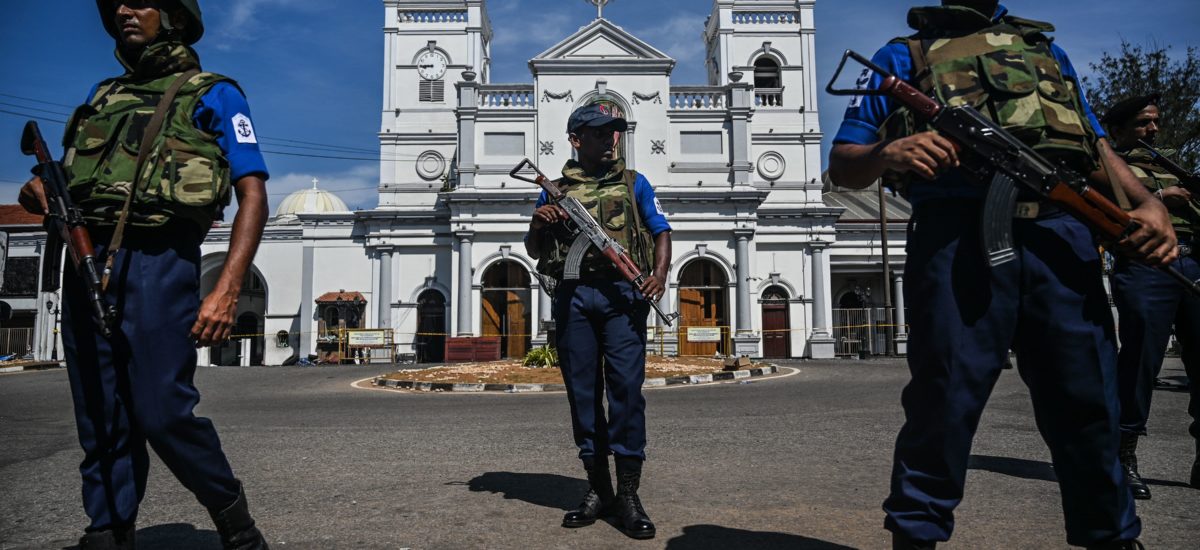Featured image courtesy Mohd Rasfan/AFP/Getty Images
Almost four months after the Easter Sunday bombings, Sri Lanka continues to operate under a State of Emergency. National security has once again become a central topic.
The Easter Sunday bombings revealed the devastating cost of the widening rift between Prime Minister and President. Revelations made by the Prime Minister since have highlighted the extent of the lapses; including being deliberately shut out of National Security Council meetings.
Sri Lanka’s security apparatus is shrouded in secrecy – although the Parliamentary Select Committee hearings have helped shed some light.
But what if it was possible to build national security infrastructure that could, to some extent, withstand political turbulence? Could the attacks have been prevented?
Director of the Centre for Constitutional Transitions, Professor Sujit Choudhry is an internationally recognised authority on comparative constitutional law. He has been an advisor to constitution building, governance and rule of law processes for over two decades, including in Egypt, Jordan, Libya, Myanmar, Nepal, South Africa, Sri Lanka, Tunisia, Ukraine and Yemen. Professor Choudhry grapples with these questions and more in this video interview.
Timestamps
0-2:21 – Professor Choudhry’s thoughts on security sector reform
2:22 – 5:09 – Security sector oversight and surveillance
5:11 – 8:24 – Navigating political turbulence
8:26 – 10:54 – Is legislation/institutional reform a panacaea?

